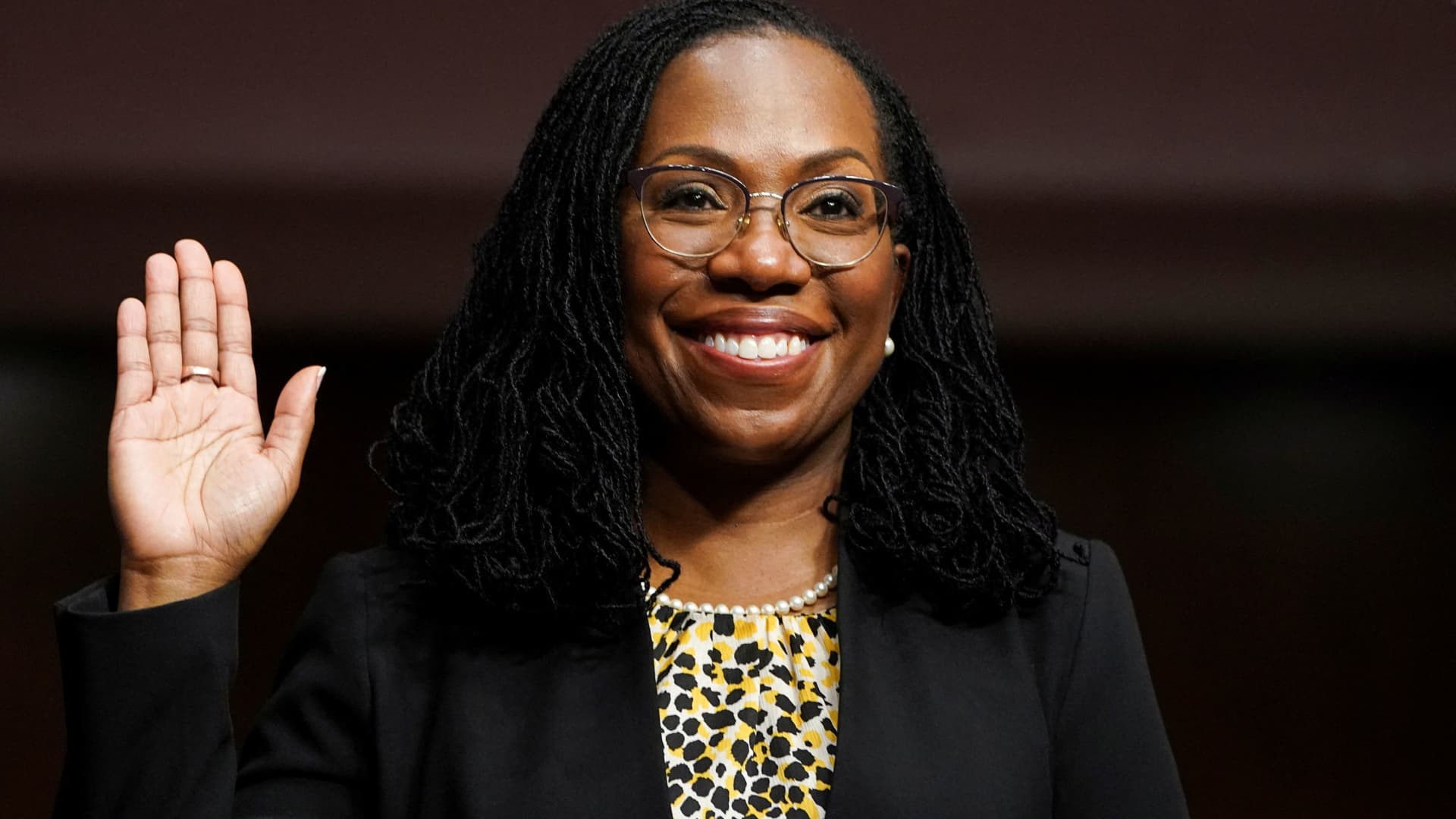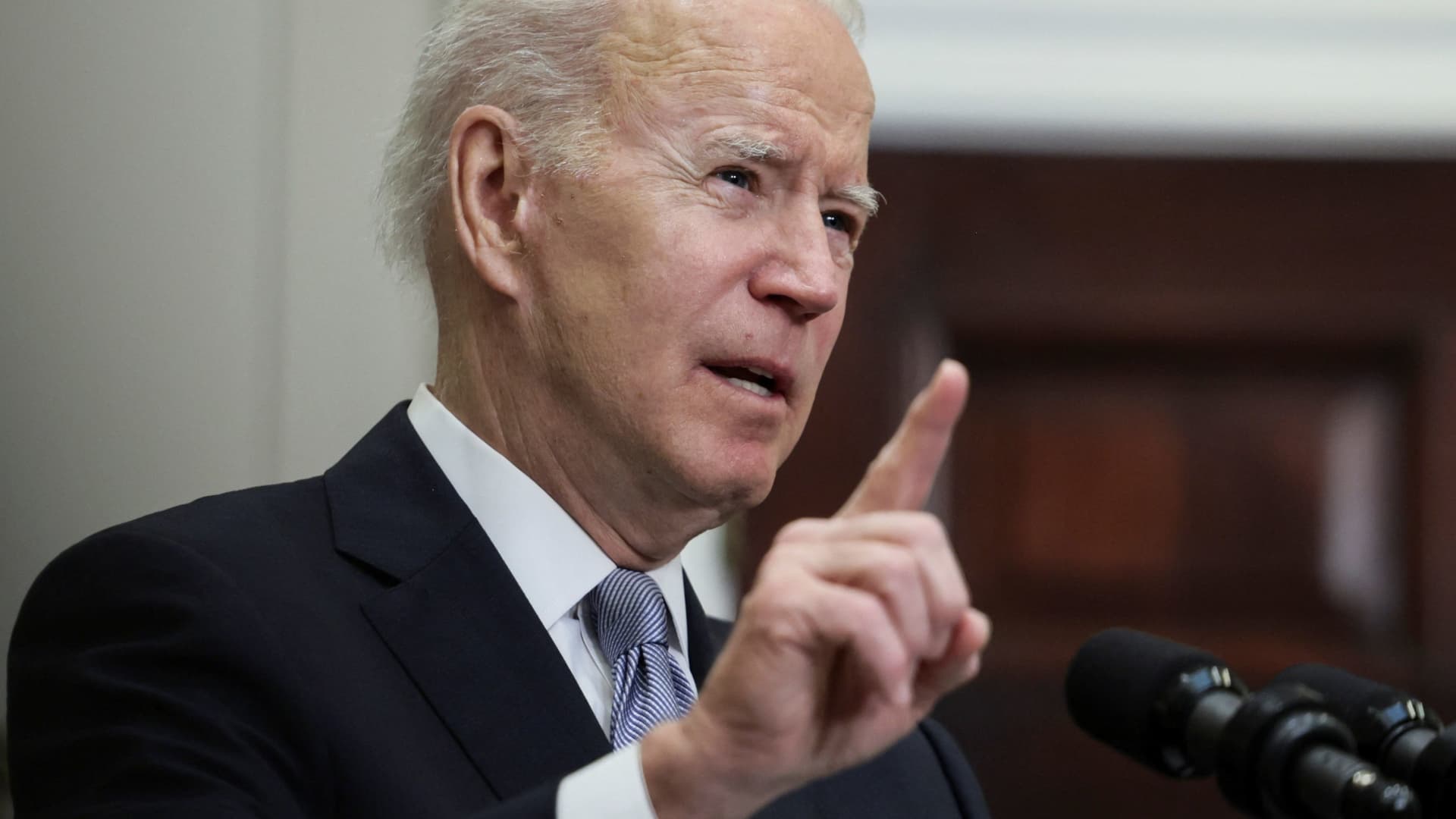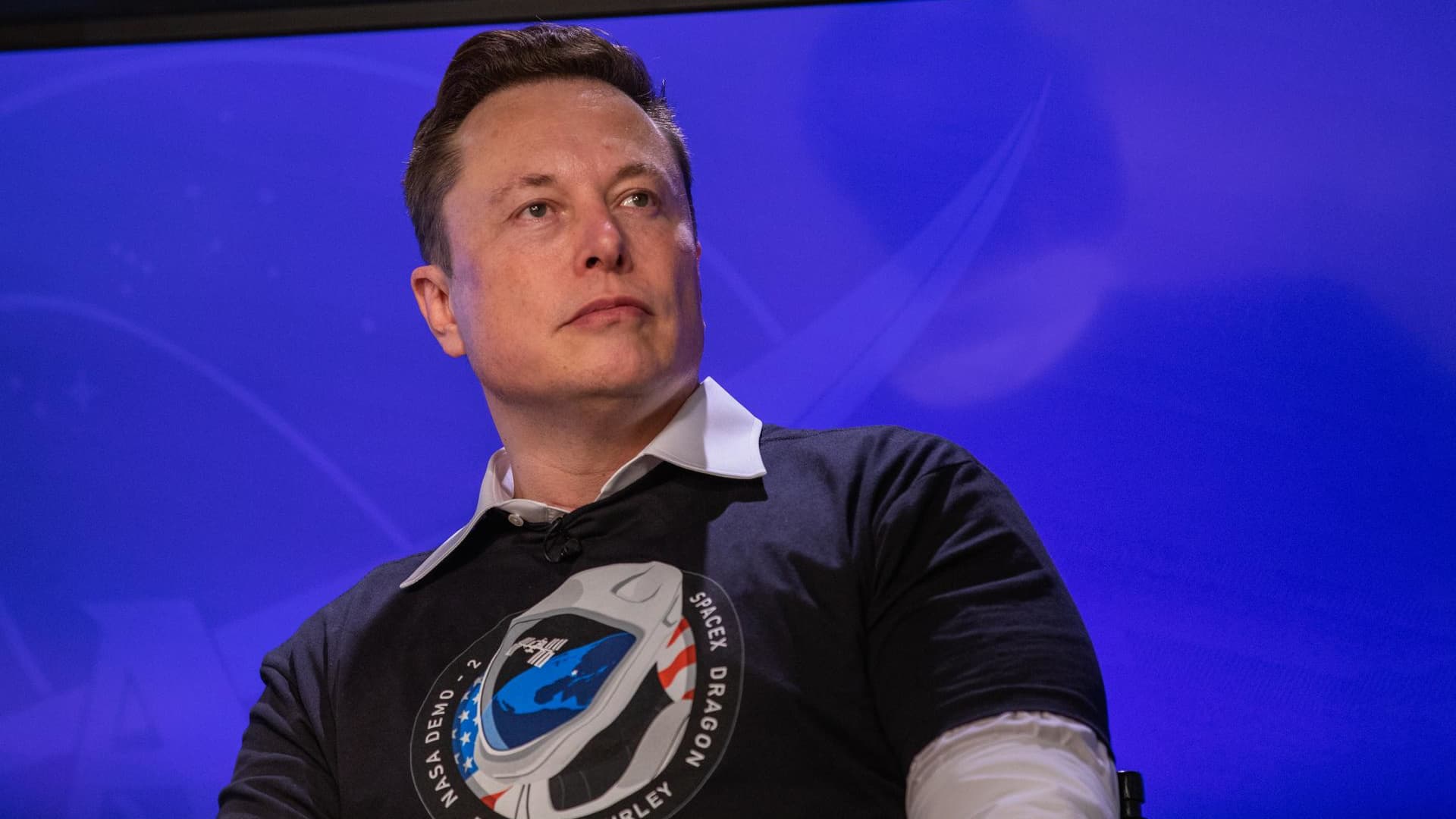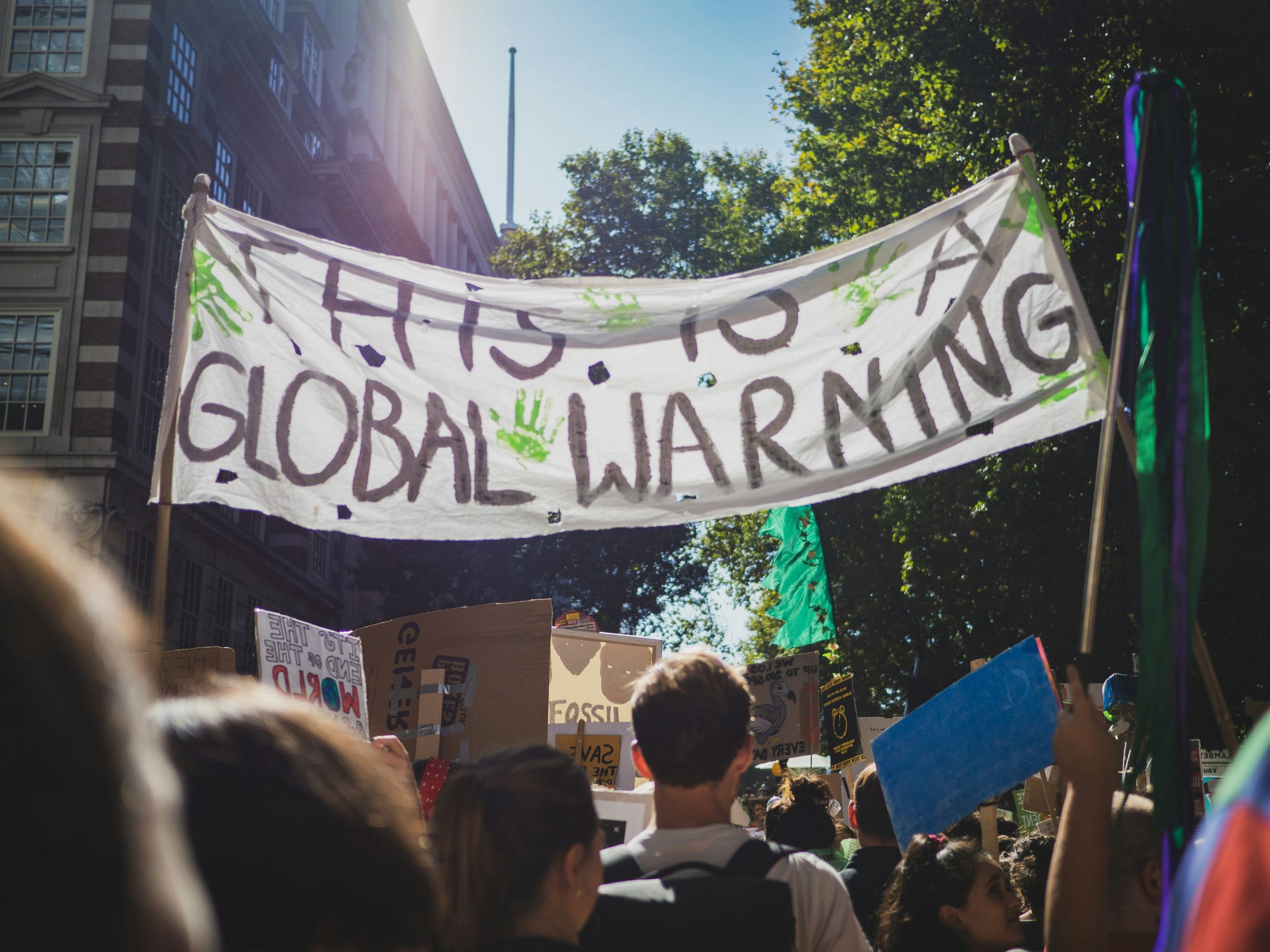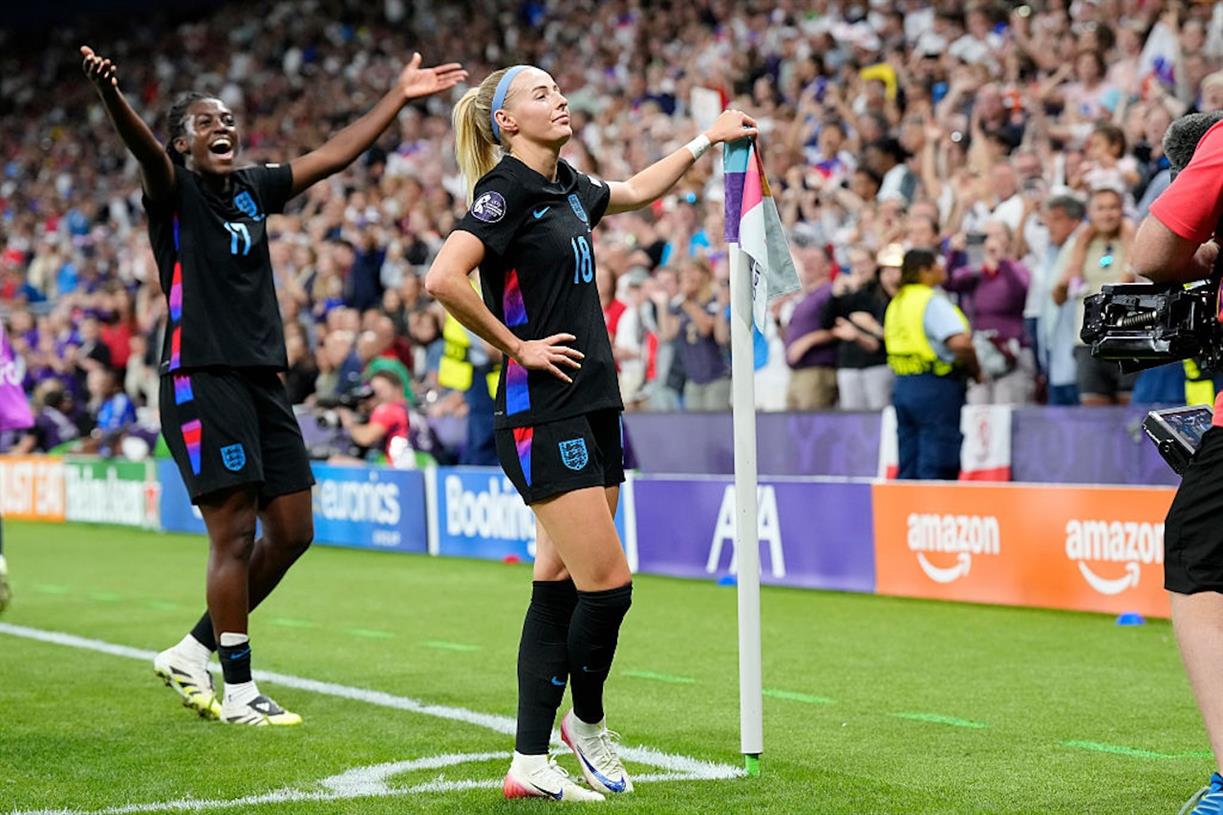Biden's UN speech highlights his diplomatic successes, amid wars in the Middle East, Ukraine, Sudan
The Biden administration is working towards a ceasefire and hostage deal in Gaza, even as the president's term comes to a close.

US President Joe Biden speaks during the United Nations General Assembly (UNGA) in New York, US, on Tuesday, Sept. 24, 2024.
Jeenah Moon | Bloomberg | Getty Images
President Joe Biden attempted to square the diplomatic achievements and goals of his presidency with the grim reality of wars in the Middle East, Ukraine and Sudan during a major address Tuesday at the annual gathering of the United Nations General Assembly in New York, the final one of his presidency.
With four months left in office, the speech was one of Biden's few remaining opportunities to frame his foreign policy legacy in front of an audience of global leaders.
His UNGA speech touched on what the administration views as its most significant achievements. These include supporting Ukraine's defense against Russia's 2022 invasion, managing competition with China, upholding the UN Charter, outlining global artificial intelligence principles and working to address humanitarian crises in Gaza and Sudan.
"Given that this is the President's last General Assembly, it's a chance for him to talk about how this approach has produced results, real achievements for the American people and for the world," a senior administration official said in a briefing with reporters on Monday.
But given the geopolitical backdrop for Biden's speech, there was little time for victory laps.
Since Biden's last UNGA address in September 2023, ongoing wars in Ukraine and Sudan have persisted, while long-simmering tensions in the Middle East have erupted into deadly conflicts.
Less than a year into Israel's massive military operation in Gaza following Hamas' Oct. 7, 2023 attack, the Middle East is teetering on the brink of an all-out regional war.
Hostages taken by Hamas in the attack are either dead or remain in captivity; tens of thousands of people in Gaza have been killed or wounded; and Palestinians are suffering through a grim and worsening humanitarian crisis.
Still, the Biden administration regularly emphasizes its commitment to a ceasefire and hostage deal.
Meanwhile, two and a half years into Ukraine's war with Russia, some congressional Republicans now openly oppose continuing to provide U.S. arms to Ukraine as it holds on through battle after battle, with a murky path forward.
The civil war in Sudan has been underway for over a year, with new ceasefire talks in early stages as the humanitarian circumstances grow more dire.
To address these challenges in his speech on Tuesday, Biden planned to emphasize the need for "strong and effective global institutions, including an adapted United Nations," the administration official said Monday.
"This is his vision of countries working together," said the official. "A theme of his presidency, and an important part of his legacy,"
Biden also has a packed schedule of high-level meetings to work through the onslaught of geopolitical problems in closed-door settings.
"This is one of the advantages of the UN General Assembly: You literally have the whole world here," said the administration official, who was granted anonymity to preview the president's agenda. "So when you do have crises of the day, they'll be addressed."
Read more CNBC politics coverage
On Sept. 21, Biden hosted a summit in his hometown of Wilmington, Del. with the leaders of Australia, India and Japan.
On Monday, Biden met with United Arab Emirates President Mohamed bin Zayed Al Nahyan in Washington. Following his speech on Tuesday in New York, Biden will host a summit on the ongoing effort to fight the trafficking of synthetic drugs.
On Wednesday, he will meet with President Tô Lâm of Vietnam, the White House said. On Thursday, Biden will host Ukraine's President, Volodymyr Zelenskyy in Washington.
As Biden wraps up his presidency, foreign leaders are also making time in their U.S. itineraries to meet with his potential replacements: Vice President Kamala Harris and former President Donald Trump, the two major party nominees in November's election.
Harris had her own sit-down with the UAE President on Monday, and she will meet with Zelenskyy on Thursday in Washington.
Trump is also expected to meet with Zelenskyy, along with Indian Prime Minister Narendra Modi and President Andrzej Duda of Poland, sources from his campaign told NBC News.

 MikeTyes
MikeTyes 







